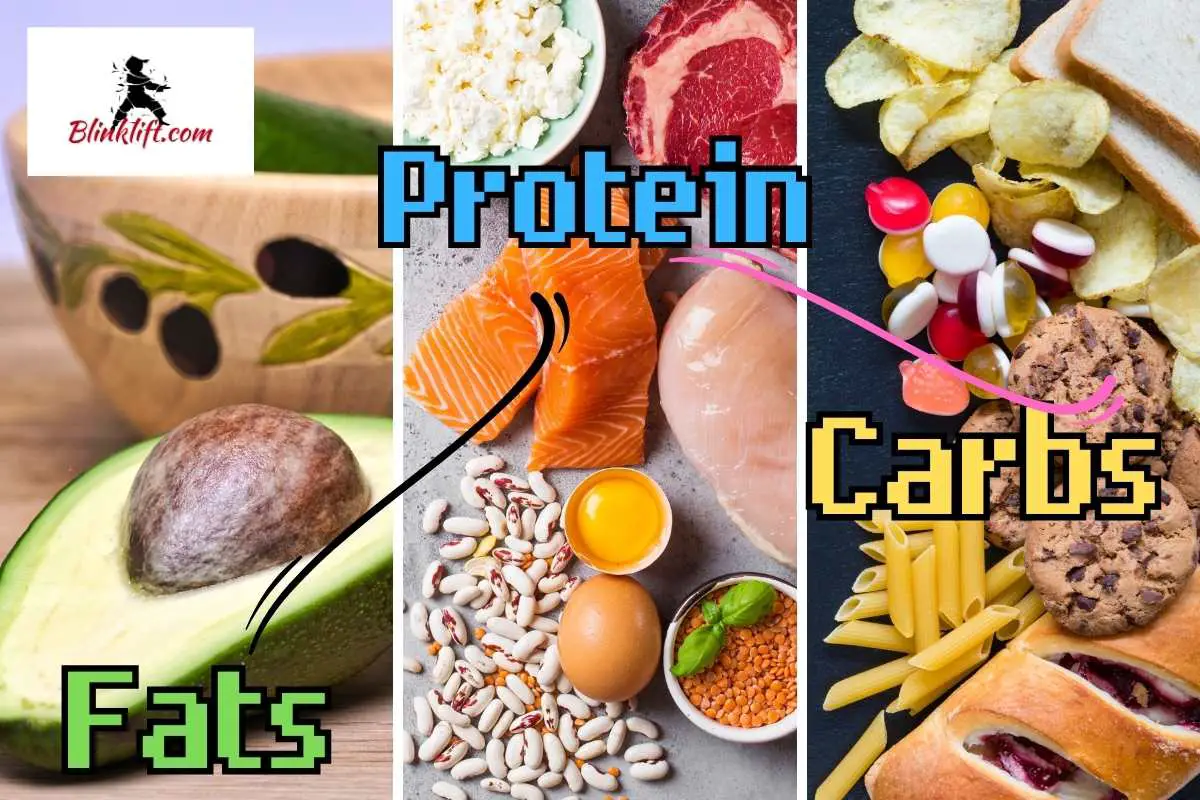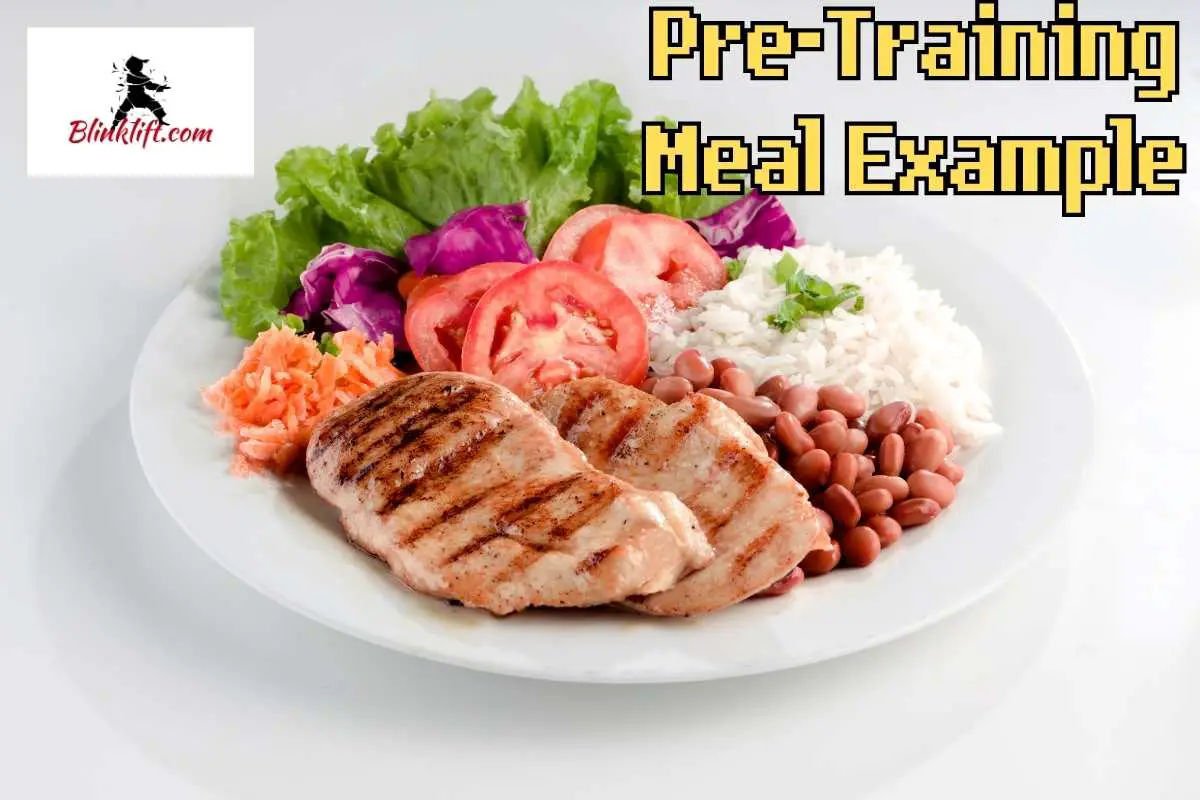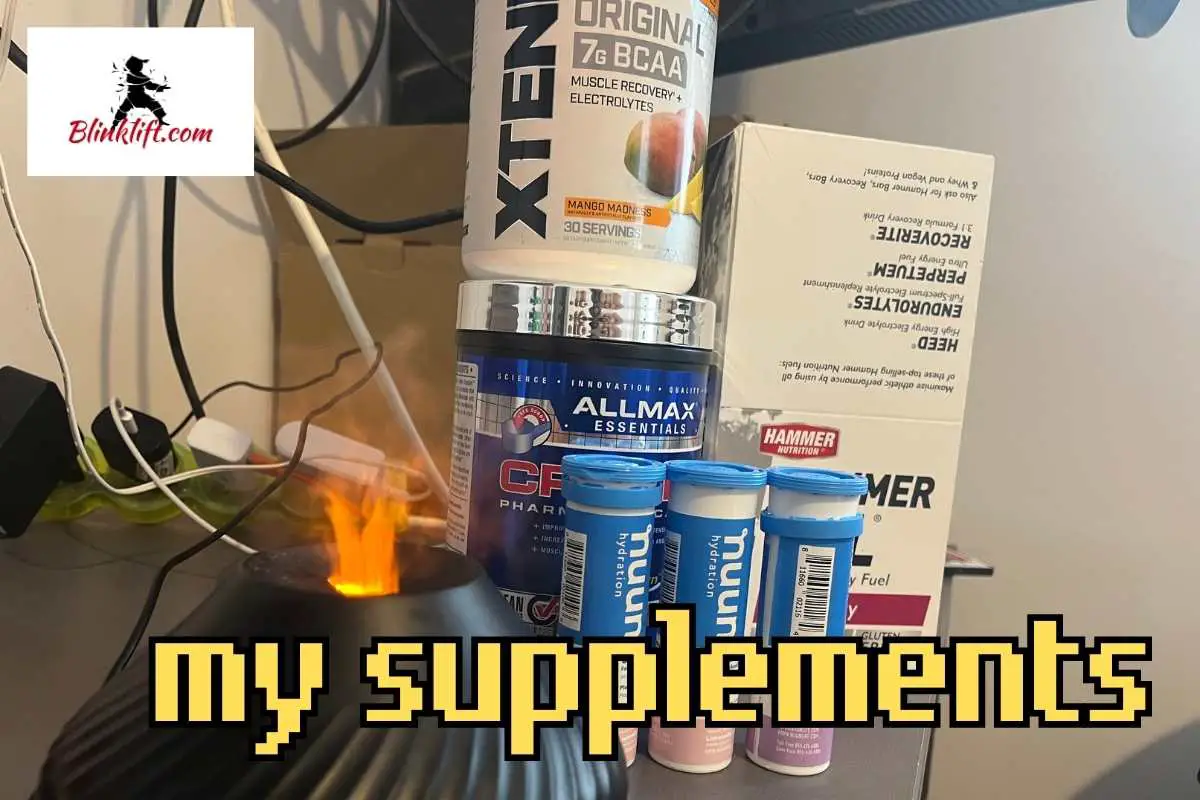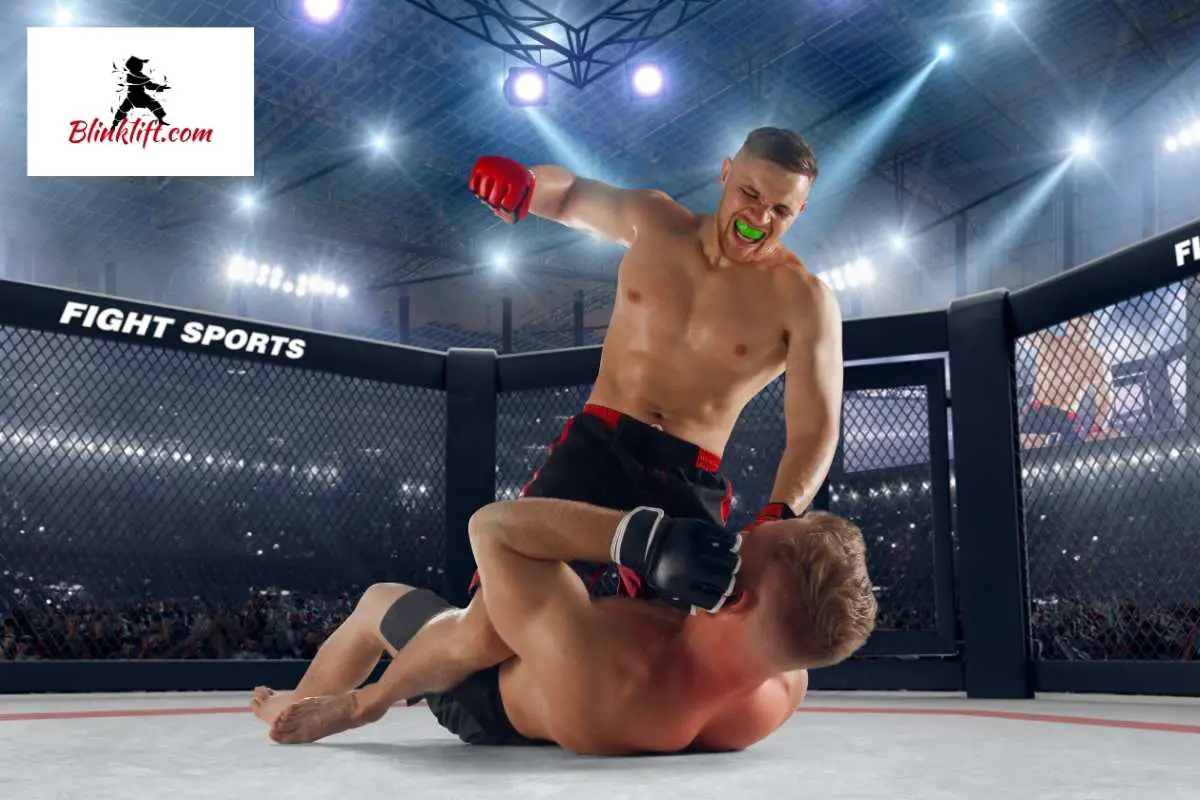So you want to optimize your diet and eating habits to boost your fighting skills and performance in the ring. That’s fantastic because you came to the right place for that. I’ve been lucky to have started training from a young age, which allowed me to play around and experiment with my diet.
Throughout my early years of training, I began understanding a few key and simple points that, if you understand, will help you optimize your sports performance. This, by the way, applies to most sports. However, this article will specifically review a flawless diet plan for Muay Thai fighters.
Whether you’re a novice or a professional fighter, you can benefit from eating the right foods. Not only will your recovery become much better, but you’ll also be able to perform better when in the ring. You’ll hit harder, kick faster, and have refined reflexes. All in all, that sounds like there’s no loss from eating healthily.
Well, that’s true. There’s no loss from consuming proper foods in the right amounts, as that’ll make you in top shape while optimizing your recovery and performance in the ring.
So now, without further introduction, let’s dive into the 10-step diet plan for professional Muay Thai fighters!
#1 – Balanced Macronutrients
The first step in this 10-step diet plan is to balance your macronutrient consumption. This will help you have enough energy for your training by consuming carbohydrates—all while optimizing your recovery rate through protein consumption.
- Carbohydrates: Complex carbs like whole grains, sweet potatoes, fruits, and vegetables should make up a significant portion of your diet. They provide sustained energy for training and fights.
- Proteins: Lean proteins from sources like chicken, turkey, fish, lean beef, eggs, tofu, and legumes are crucial for muscle repair and growth.
- Fats: Healthy fats from sources like avocados, nuts, seeds, and olive oil aid in hormone regulation and overall health.
When you dissect each macronutrient, you get a huge list of benefits that will all help you in your Muay Thai journey. However, when you combine them, you get triple the size of the initial list, which should incentivize you to get this right.
I’m still experimenting with a carb-free diet and it seems to have one major benefit and one significant disadvantage. The benefit I’m getting is that I’m not tired throughout the day. So you’re usually really tired after eating your noon meal, as it’s usually filled with carbs.
On the other hand, I don’t have as much energy to perform at my best when I’m fighting.
As a result, you want to find that balance that allows you to have energy in your training while not overconsuming carbs and walking around bloated and tired.

#2 – Pre-Training Meals
Let’s now talk about pre-training meals. We all know that Muay Thai is a vigorous workout that’ll require you to invest a lot of energy and calories in. As a result, you want to have that energy in your body. If you’re a fighter with high body fat levels and you want to shed some of that fat, you can eat less before training and force your body to burn fat cells.
- Aim to eat a balanced meal containing carbs, proteins, and fats 2-3 hours before training.
- Example: Grilled chicken breast with brown rice and steamed vegetables.
All in all, you want to come in top shape for your Muay Thai training session. As a result, you want to consume the right types of foods before the workout itself, so you can use them when you’re working out.
However, it’s important not to come bloated to the Muay Thai session. If you eat too much, you’re going to feel sick when you train, which is the worse thing that can happen. You’ll also be likely to vomit inside the gym, which is, once again, an unwanted scenario.

#3 – Post-Training Recovery
The next matter we’ll review is post-training recovery. A recent study examined the common belief that says that you must consume protein up to 30 minutes post-training. And the results show a very different image of what’s really true.
The Anabolic Window Is a Myth
SOURCE
- Consume a meal rich in protein and carbs after training to support muscle recovery and replenish glycogen stores.
- Example: Protein shake with whey protein, banana, and almond milk.
Let me mention one other thing about the Anabolic window. It does exist to some extent. When you train fasted, you want to consume protein after training; I don’t have a specific time I can limit you, but you want to consume it up to an hour post-training.
However, if you’re not training first thing in the morning and you’ve already eaten something, you have a few hours to eat post your workout.
Assuming you follow this diet plan, you’ve consumed both carbs and protein before your Muay Thai session. Therefore, you can wait a few hours before you consume your post-Muay Thai meal!

#4 – Hydration
Staying hydrated replaces the water lost through sweating and is essential for thermoregulation, helping to prevent cramps, heat exhaustion and heat stroke
SOURCE
Stay hydrated throughout the day, especially during training sessions. Water is the best choice for hydration, but you can also include sports drinks for electrolyte replenishment during intense training. You want to constantly consume water while avoiding sugary drinks and alcohol.
We’ll review supplements in the following section, so stay tuned for that.
The primary takeaway from this point is to constantly drink water. You might have heard that water isn’t good at some point, which is true. However, the odds of you reaching that point are very, very low.
So how much water should you consume in your day-to-day? Well, first, it depends because some people need more water since they sweat more often (Like me!)
As a general rule, drinking up to 4 liters for men and 3 liters for women is a great guideline to follow. according to The U.S. National Academies of Sciences, Engineering, and Medicine. If you’re training in Muay Thai, you’ll want to drink more before, during, and after your training session—to ensure proper amounts of fluids in your body.

Let’s recap. Thus far, we’ve reviewed what you want to eat on a daily basis, what to eat before and after doing Muay Thai training, and lastly, how much to drink. Let’s now go onto supplements.
#5 – Supplements
While a well-balanced diet should provide most of the necessary nutrients, some fighters may benefit from specific supplements. Consult with a professional to determine if you have any deficiencies or need additional support.
So the first step is to consult a professional and examine whether you need to consume any vitamin or any other supplement externally. If you’re truly serious about your health and training, you’ll have no issues doing that.
More supplements you can take are:
- Creatine (typically taken for muscle mass and strength)
- Electrolytes (necessary replenishing)
- Protein Powder (to consume whey protein)
- Vitamins (to cover any deficiencies)
Follow the links above to see which one I encourage you to buy for every supplement.
Just to clarify, you don’t have to take any of the above. However, they’ll definitely help you manage your diet and perform better both in training and inside the ring.
Marathon runners, swimmers, bodybuilders, powerlifters, soccer players, and any other professional sports athlete you can think of all take supplements. They boost your performance while optimizing recovery, which are key factors for professional athletes, like yourself.

I also have a massive-sized pack of rice protein powder (1 ingredient protein powder). That’s what’s most suitable to me, which I’ve realized from many months of trial and error.
#6 – Pre-Fight Meal
Let’s now talk about a very, very important point. What should you eat before a big fight? Like it or not, you must consume the right types of foods before a fight. Real fights are one of the most intense experiences you’ll have in your Muay Thai journey, both physically and mentally.
Because of their intensity, you must consume a lot of the right foods around 3-4 hours before the fight itself. This will allow your body to have reserve energy when you’ll need it the most!
- Eat a high-carb, moderate-protein, low-fat meal 3-4 hours before a fight to ensure you have ample energy without feeling heavy or sluggish.
- Example: Pasta with marinara sauce and a side of grilled chicken or tofu.
This is very similar to the pre-workout meal. However, you want to treat your Muay Thai fight with much more seriousness than just a regular sparring session. A fight is something you must prepare for, which means that you want to consume the right foods for it. Take yourself and the fight seriously, and you’ll increase your winning chances!
A great tip I’ve heard is to accustom your body to the same meals and the same foods leading to your fight. Then, you want to eat the same foods on the day of your fight that you’ve eaten throughout your training period. You also want to wake up at the same hour and act the same as your typical training routine.
#7 – Fight Night Snacks
On your fight night, you want to get some snacks in after your big meal, usually 1-4 hours before the fight itself. If you’re hungry in the fight, you won’t perform as well as you could have.
- Have light, easily digestible snacks 1-2 hours before the fight to top up your energy levels without causing discomfort.
- Example: Apple or a small banana.
Once you eat your breakfast and lunch on fight night, you want to stop eating large meals (unless your fight happens later than 7-8 pm.) Instead, what you want to do is snack lightly. When I say snack lightly, I’m not suggesting you eat snacks, which is horrible for fight night by the way.
You want to consume very light snacks, such as apples, small bananas, or any other fruit you love eating. It’s also important to not go full-on monk mode and not enjoy your diet on fight night. You want to relax your mind and not think of the fight itself as much.

#8 – Post-Fight Recovery
Let’s now review a key point, which is going to be related to your post-fight recovery meal. When you’re done fighting, your body is likely to be bruised and overall hurt. Therefore, continuing your regular training routine will do you nothing good.
You now want to focus on recovery and on maintaining a balanced diet, perhaps richer in protein.
- After the fight, consume a meal with a balance of carbs and proteins to kickstart the recovery process.
- Example: Grilled fish with quinoa and roasted vegetables.
I forgot to mention that I hope you won the fight. And even if you didn’t, you want to consume the right foods to ensure your recovery is ready to commence. That’s why a post-fight recovery meal is critical. Please don’t neglect it!

#9 – Avoid Junk Food and Excessive Sugar
Steer clear of processed foods, sugary drinks, and excessive alcohol consumption as they can hinder your performance and recovery.
Make sure to remain heavily invested in your Muay Thai journey. Although sugary and processed foods might be more attractive and appealing, they only harm your body in the long term. As a result, you want to stay and steer away from them as much as possible.
They can actually hinder your recovery and performance, which is the opposite of what we’re looking to achieve with this diet plan. Keep your eyes on the target and eat only what’s going to help you recover or perform better.
#10 – Listen to Your Body
Pay attention to how your body responds to different foods and adjust your diet accordingly. Everyone is unique, so be mindful of what works best for you.
As I’ve told you, I understood my lessons from simple trial and error. You can start working on getting your fighting performance to the next level by following the same principles.
Not only will your body react much better if you listen to it and adjust your diet accordingly, but your confidence in yourself will rise as a result of that. There really is no better feeling than treating yourself right!
Final Words
This article has definitely been one of the most requested articles I had received. It also has been one of the most enjoyable to research and write, as I understood the impact it’ll have on you.
Hopefully, you now have a much better understanding of how this is supposed to work. The primary takeaway from this article is to try different things, different supplements, and distinct foods, to see which one your body reacts best to.
I wish you all the luck in your Muay Thai journey!
Here are other articles you’ll benefit from reading:
Muay Thai for Fat Loss – How to Lose Weight Fast
The Best Muay Thai Warm-Up Routine to Avoid Injuries
Muay Thai Breathing – How to Breathe Correctly (Tips)
How to Choose Muay Thai Shorts – Comprehensive Guide
Required Equipment for Your First Muay Thai Class
The 10 Best Strength Exercises for Muay Thai – Increase Power!

